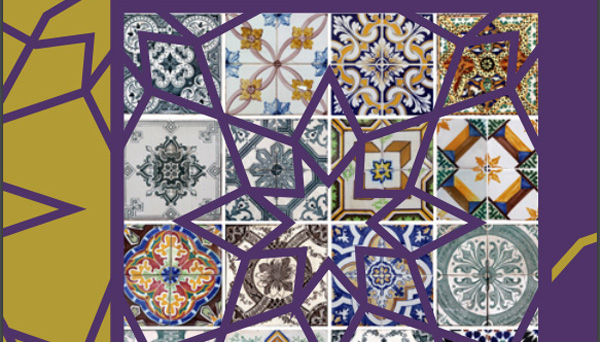EASA NEWS
 EASA writes expressing concern about the pressing situation facing scientific research in Argentina
EASA writes expressing concern about the pressing situation facing scientific research in Argentina
The executive committee of the EASA, has written to the Argentinian Government which has decided to abolish the Ministry of Science, Technology and Productive Innovation and to freeze the funds of the country's main research organization, CONICET Read the letter in full.
 EASA Executive Statement on the situation in Gaza
EASA Executive Statement on the situation in Gaza
The executive committee of the EASA calls for an immediate ceasefire and immediate humanitarian relief for the people of Gaza, and a commitment from Israel and all governments to a peace process that deals with the historic inequalities, injustice and structural violence in the region. Read the full statement.
 CATCH-UP with two EASA webinars:
CATCH-UP with two EASA webinars:
EASA - ReMO Webinar: Mental Health in Academia
EASA marked World Mental Health Day 2023 by holding a webinar together with the Researcher Mental Health Observatory (ReMO) to raise awareness on mental health in academia. Read the description in full and watch the recording.
Social Anthropology and ERC funding
EASA ran a webinar with SH3 panel coordinator Lionel Thelen and successful ERC StG grantees and EASA members Maddalena Gretel Cammelli, Tessa Diphoorn, and Elżbieta Drążkiewicz.
Read the description in full and watch the recording.
 EASA allocates conference funds to offset carbon footprint
EASA allocates conference funds to offset carbon footprint
EASA allocated just over £7k from the EASA2022 conference budget, to offset the carbon footprint caused by delegate travel (the largest aspect of the event's footprint). These funds have been donated to The Woodland Trust, going towards supporting projects in Northern Ireland, including their most recent appeal, Mourne Park.
 Europe Anthropology Days
Europe Anthropology Days
As part of its public anthropology initiatives, EASA consulted its members in 2020 and decided at the July 2020 AGM to hold an European Anthropology Day, on the model of the European Archaeology Days first celebrated in 2019. The project was postponed during the pandemic and relaunched in 2022 in collaboration with European national associations. This led to the choice of three annual European Anthropology Days, which was held for the first time on the 15-17th of February, 2024.
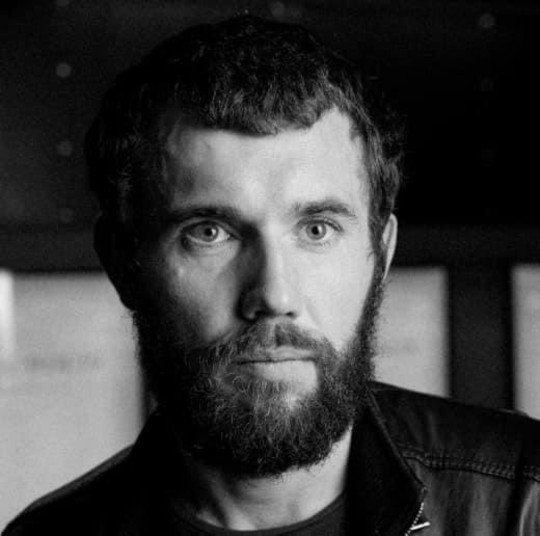 Mantas Kvedaravičius Film Award
Mantas Kvedaravičius Film Award
EASA established this film award in 2022 with the winner announced at the conference. Read more about the award, entrants and winner.
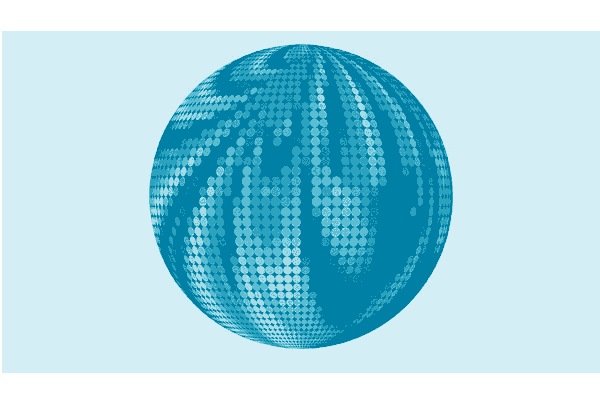 EASA Integrity Committee Statement on Sexual Harassment and bullying
EASA Integrity Committee Statement on Sexual Harassment and bullying
The IC has written a statement on sexual harassment and bullying within higher education. Read the full statement.

The Executive Boards of SIEF and EASA have cooperated to disseminate information on support, scholarships
and jobs offered to Ukrainian scholars at risk. View this list of opportunities, advice and resources received from various parts of
Europe. If you have new/additional information please contact us via the email cited there.
EASA is a signatory to an Associação Brasileira de Antropolgia (ABA) note regarding the deaths of Bruno Araújo Pereira and Dom Philips that has been sent to Brazilian officials.
ABA's farewell note .
EASA expresses deep concerns over the recent government decisions in Greece that constitute an attack on the autonomy of universities and higher education...
...in that country, notably through the permanent deployment of special police at public universities, and the preparation of a Bill on Higher Education that aims to abolish the democratic election of University authorities by the academic community.
We express our solidarity with our colleagues in Greece. We join their call for the immediate withdrawal of these dangerous new measures, and we stand with them as they assert the critical importance of an autonomous and public academic life as one of the preconditions of a democratic society. Please sign the petition to oppose the plan.
EASA Consultancy: Sexual harassment and bullying in European Higher Education
The EASA Integrity Committee wishes to commission a short piece of consultancy to understand how complaints about sexual harassment and bullying are handled across European university systems. Read about the consultancy and how to apply.
 EASA mourns the loss of Mantas
Kvedaravičius
EASA mourns the loss of Mantas
Kvedaravičius
It is with deep sorrow and shock that we have learned about the murder of Mantas Kvedaravičius,
award-winning filmmaker, anthropologist, archaeologist and a member of EASA. Read his obituary.
 Anti-Precarity and Anti-Casualisation Research
Anti-Precarity and Anti-Casualisation Research
As we struggle as academics working in increasingly difficult situations, we invite you to participate in an
anti-precarity research project that builds on the recent research by EASA and
PrecAnthro. Read more about
the project and complete the short questionnaire.
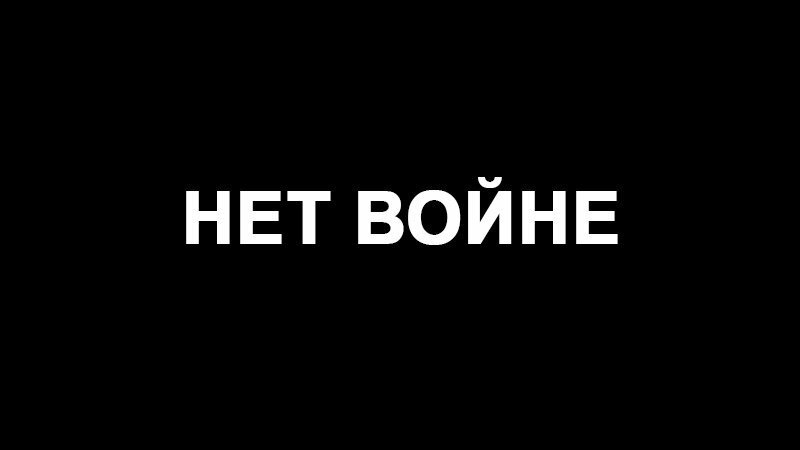 Russian anthropologists against the war (EN/FR)
Russian anthropologists against the war (EN/FR)
Read about a petition raised by a group of Russian ethnographers and anthropologists, protesting against the
war in Ukraine. Read in full, and in FR.
EASA and Scholars at Risk Statements on the Russian war against Ukraine
The Executive Committee of the European Association Social Anthropologists (EASA) condemns the Russian
government’s illegal and unprovoked military invasion of Ukraine: an imperialist war that is leading to
immeasurable suffering and losses for the Ukrainian people, whose dignity, well-being, and independence we
wholeheartedly support.
As the Ukraine war has worsened in all sorts of shocking ways, the
Executive feel that our statement needs to be unequivocal in order to avoid ambiguity of any kind. A group
of EASA members contacted us to say that there were some ambiguities in our initial statement and therefore
we have amended it.
Read the revised statement.
As a member of Scholars at Risk, EASA is also supportive of their statement.
Social anthropology student detained without charge in Egypt
EASA is deeply concerned by the detention without charge of Mr Ahmed Samir Abd El-Hai Ali, a Sociology and Social Anthropology Masters student at Central European University, Vienna, by Egyptian security services in Cairo. Read the full statement.
EASA Executive elections: voting is now closed.
1074 ballots were received from a constituency of 2561 members - a turnout of 42%. This is the largest turnout to-date for EASA. The results can be seen here.
EASA Members vote overwhelmingly to make Social Anthropology/Anthropologie Sociale Open Access
The EASA Executive is delighted to report that more than 90% of members voting in the referendum on whether the association’s journal, Social Anthropology/Anthropologie Sociale, should become fully open access voted "Yes."
EASA issues statement in support of PhD stipend extensions
EASA has noted with concern the wide-ranging negative impacts of the COVID-19 pandemic on researchers' ability to carry out their work, and notably many PhD researchers whose funding is by definition short term. While all disciplines are impacted in unique ways, anthropologists are particularly hindered from carrying out their research...
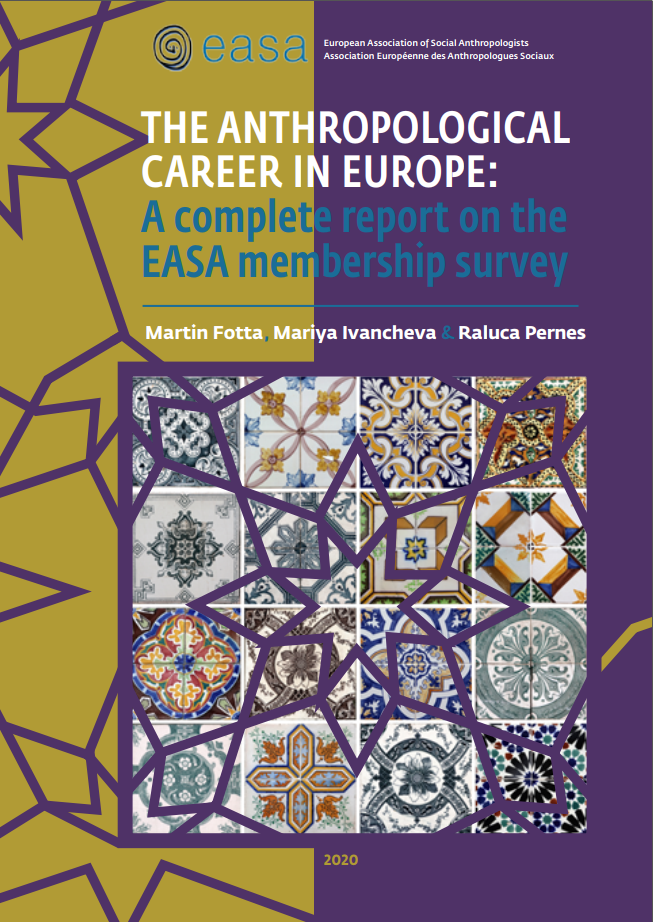 Launch of the EASA & PrecAnthro survey report "The anthropological career in Europe"
Launch of the EASA & PrecAnthro survey report "The anthropological career in Europe"
At a webinar on 27th November, EASA launched the report of the survey conducted among EASA members in 2018,
The anthropological career in Europe: A complete report on the EASA membership survey (Fotta, Ivancheva &
Pernes, 2020).
The survey was a collaboration between EASA and members of the PrecAnthro Collective, who have worked
together and mobilised since 2016 to raise awareness about the challenges of developing an academic
career
in anthropology. The themes explored in the survey reflect existing academic research on changes to the
academic profession and the casualisation of labour in Europe and beyond. The report captures overall
trends as well as regional differences in the anthropological profession in Europe.
Read a summary of the EASA & PrecAnthro survey report
or view
the full report
 Marcus Banks, RIP
Marcus Banks, RIP
We are deeply saddened to learn of the tragic and untimely death of Marcus Banks. Marcus was a member of the
EASA’s Exec from 2017-19 and an EASA member for almost 20 years. Marcus was an inspiring lecturer, a
talented ethnographer with a rich diversity of anthropological interests, and a skilful, multi-talented
administrator. He gave generously to so many of us throughout his academic life, serving on numerous panels
and juries and sharing his anthropological knowledge with magnanimity and commitment. Even after he stepped
down from the EASA Exec he was always willing to help with thoughts and offer advice. Most of all, we will
remember him for his calm wisdom, his modesty and his thoughtfulness. Our thoughts are with his partner
Barrie and his family.
 EASA Book series: call for proposals
EASA Book series: call for proposals
From October 2020, a new editorial collective will take over Berghahn’s EASA book series from the previous
editor Aleksandar Boskovic, who successfully curated the series for two terms. Annika Lems, Sabine
Strasser and Jelena Tošić, want to continue expanding the book series’ key role in fostering
and showcasing cutting-edge work produced by EASA members. The new editors are interested in proposals for
both edited collections and monographs that deal with important social and political issues and don’t shy
away from experimenting with new approaches to shed light on challenging questions. The books they envisage
for the series have a strong ethnographic basis, are written vividly and spark widespread discussion. The
editors encourage both senior and junior scholars to contact them to discuss their ideas for book projects.
Read more.
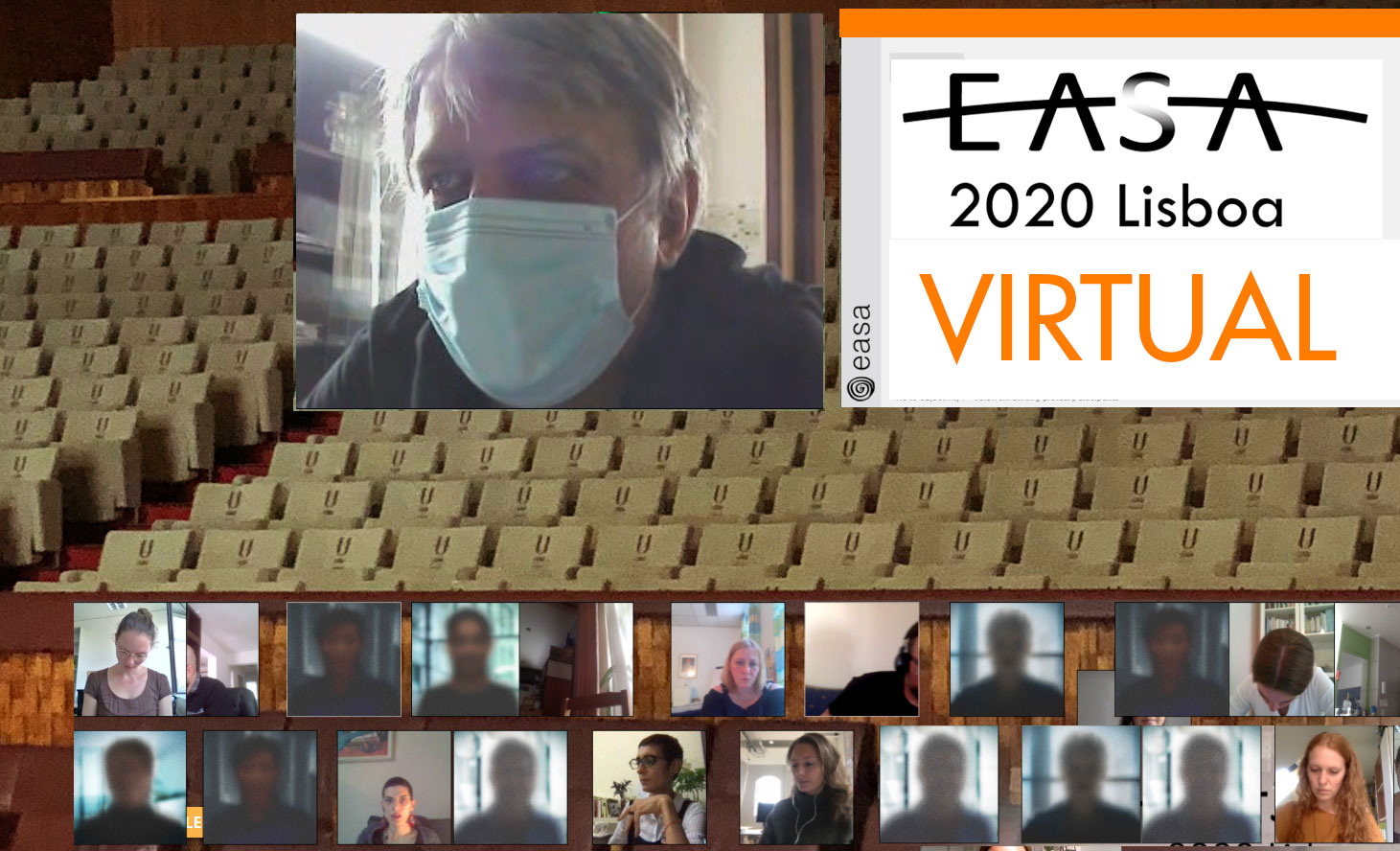 EASA2020 online conference saw 1800 delegates meet, present and network in virtual Lisbon!
EASA2020 online conference saw 1800 delegates meet, present and network in virtual Lisbon!
This was the largest EASA biennial to-date, with 200 panels, 1200 papers, a film programme and an art
exhibition. About 40 of the panels opted to be recorded and delegates can watch panels they missed. All are
welcome to visit the art exhibition, even now.
Learn more about the
event .
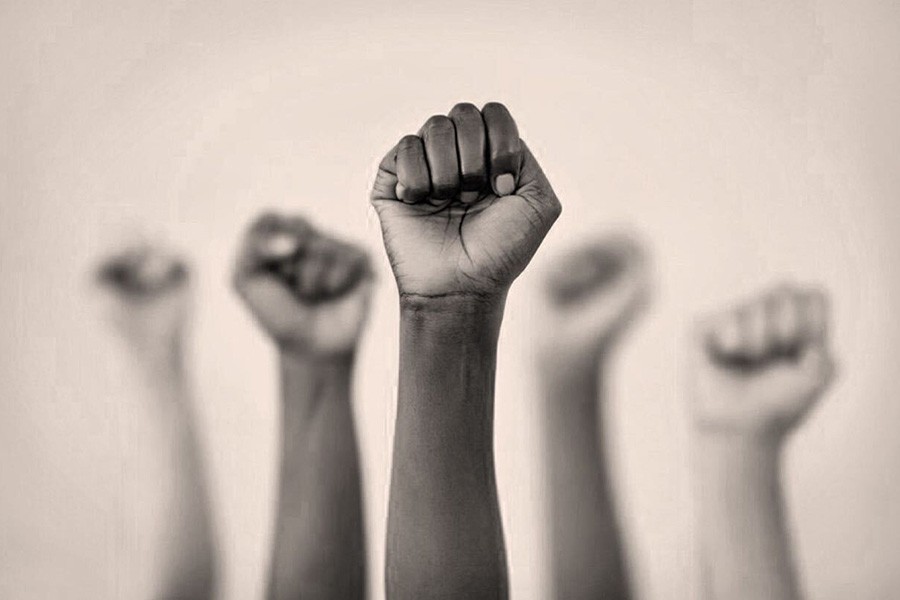 EASA expression of solidarity with BLM; and time for us to
act, too
EASA expression of solidarity with BLM; and time for us to
act, too
The European Association of Social Anthropologists expresses solidarity with the Black Lives Matter movement
in the United States in the strongest possible terms. We join with the voices of our colleagues in the US
and across the world in condemning the killings of George Floyd, Breonna Taylor, Tony McDade, Ahmaud Arbery,
David McAtee, and so many others.
Read the full statement by EASA and the accompanying statement
by the EASA’s Anthropology of Race and Ethnicity Network (ARE).
 Social
Anthropology/Anthropologie Sociale: Covid-19 forum
Social
Anthropology/Anthropologie Sociale: Covid-19 forum
The forthcoming issue of Social Anthropology/Anthropologie Sociale carries an extensive forum on covid-19 that includes more than 100 contributions on research methodologies and fieldwork at the time of the pandemic. Parts of it already are available on the early view open access
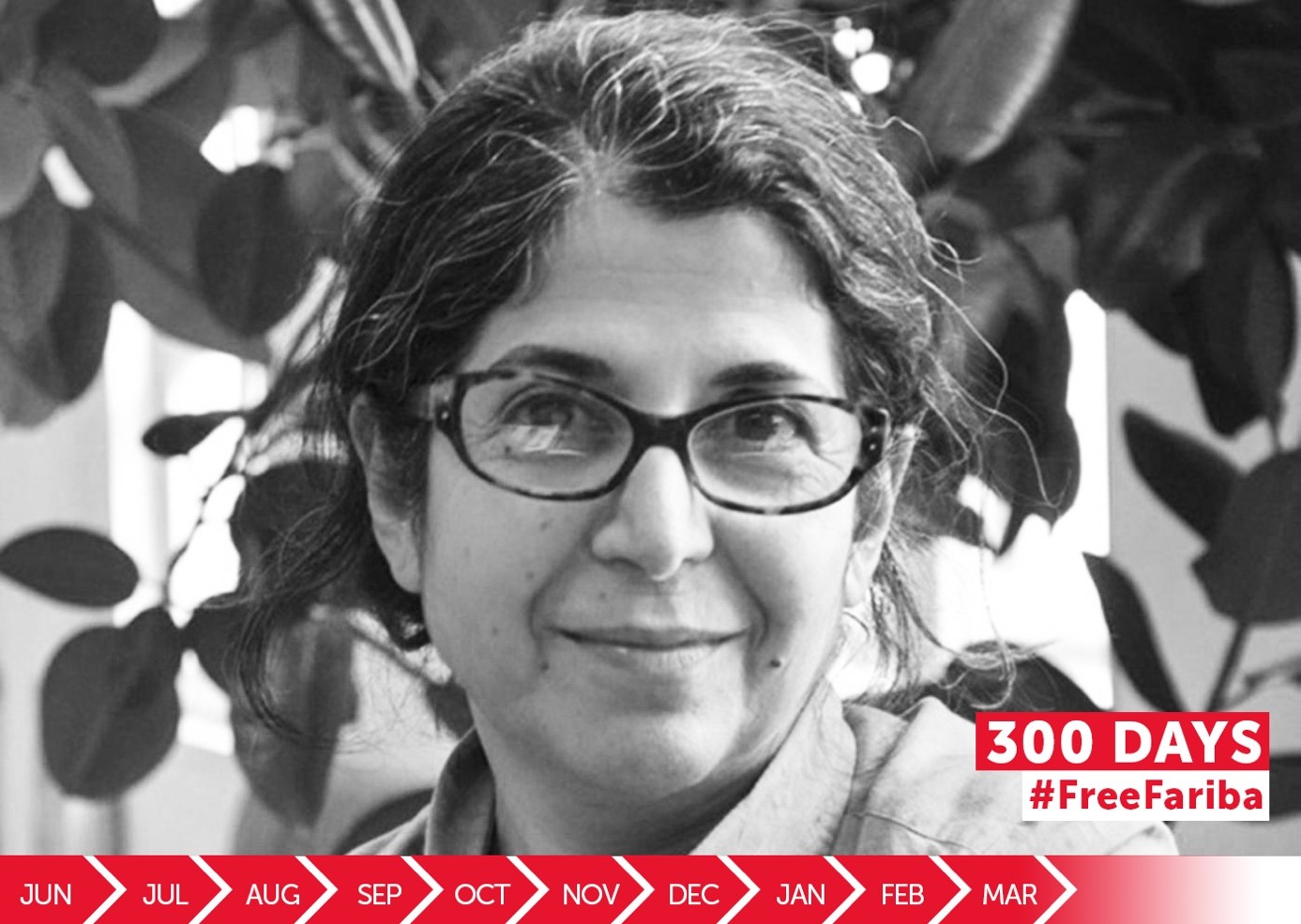 Fariba Adelkhah sentenced to 5 years in Iranian prison
Fariba Adelkhah sentenced to 5 years in Iranian prison
Anthropologist Fariba Adelkhah, a researcher at the International Research Centre of Sciences Po Paris, has
already been in prison for 300 days in Iran. We have just heard she has now been sentence to 5 years in
prison. By posting her image on our website, EASA joins numerous academic institutions, learned societies,
and research teams in Europe and elsewhere in showing the support of the scientific community to her case
and urging the French government to do everything possible to secure her release. A support committee was recently
created in Aquitaine (Bordeaux) for Fariba Adelkhah and Roland Marchal. Several events have been scheduled or have already taken
place.
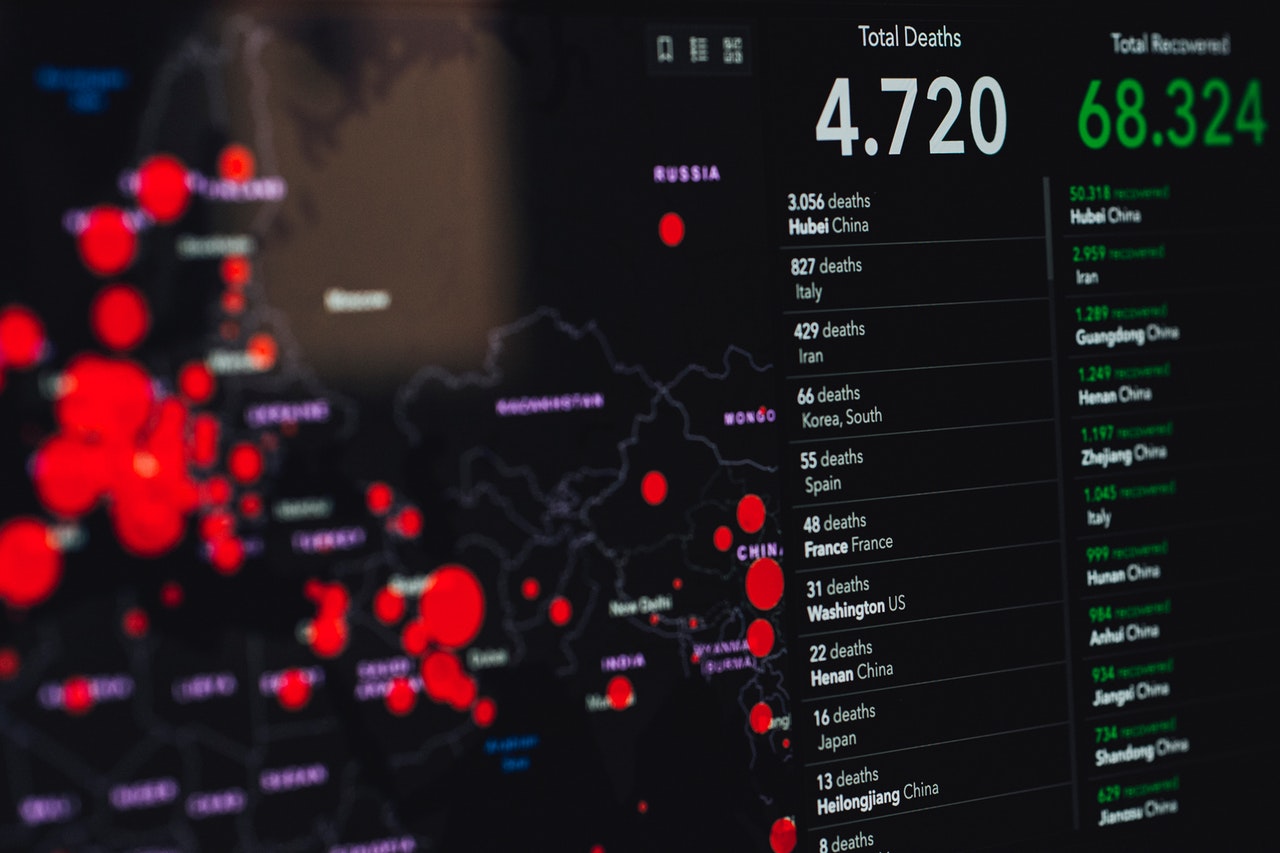 EASA supports
demands that migrants and asylum seekers should be given equal treatment during Covid-19
pandemic
EASA supports
demands that migrants and asylum seekers should be given equal treatment during Covid-19
pandemic
EASA fully supports recent efforts by anthropologists and other researchers, as well as humanitarian
organizations to demand that all people should be treated equally in being given access to both
self-protection and treatment during the Covid-19 emergency, whether or not they live in camps, reception
centres or are seeking asylum.
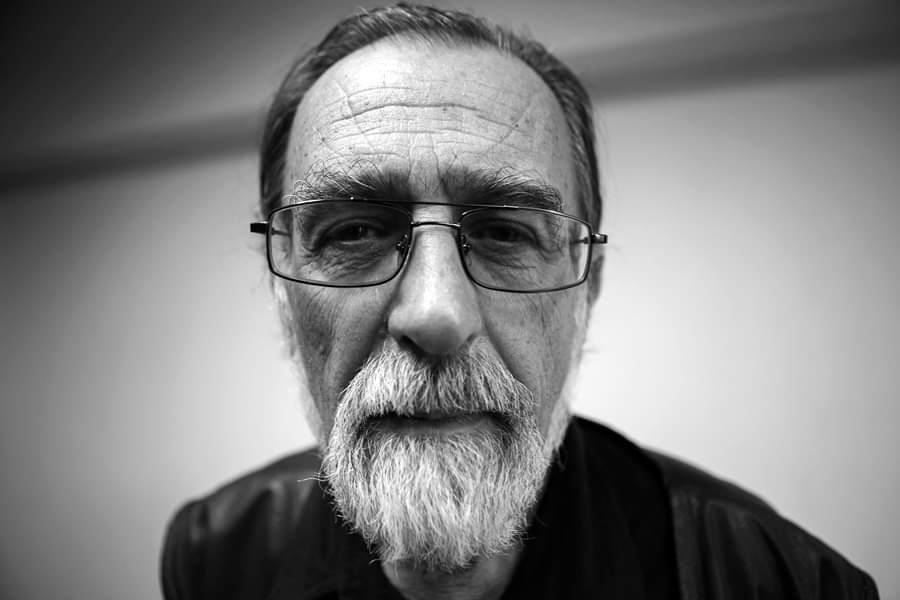 Vintilă Mihăilescu
(1951-2020)
Vintilă Mihăilescu
(1951-2020)
It is with deep sadness that we inform you that Vintilă Mihăilescu, a leading Romanian cultural
anthropologist and a member of EASA since the association was founded, passed away on 22 March 2020 after a
long illness. He was a prominent figure in the anthropology of Eastern Europe and he played an important
role in developing the discipline of anthropology in Romania by forming several generations of young
anthropologists.
 EASA echoes Academia for Equality’s concern about the neighbourhood of Isawiya
EASA echoes Academia for Equality’s concern about the neighbourhood of Isawiya
EASA wrote to the Hebrew University in concern about events
involving the neighbourhood of Isawiya.
 Florin Faje (1984-2020)
Florin Faje (1984-2020)
EASA is deeply saddened to hear the news of the unexpected and untimely death of Romanian anthropologist and
sociologist Florin Faje.
EASA expresses deep concern against the
planned higher education reforms of the Brazilian government
EASA has issued a statement in solidarity with
the university community in Brazil against budget cuts, privatisation, and the attack on social
sciences and humanities.
EASA statement in support of the Hungarian
Academy of Sciences
EASA has issued a statement applauding the Academy’s
determination to protect academic freedom and independence in Hungary, while expressing concern
about the wider changes the Hungarian government has both enacted and proposed in recent years aimed at
institutional restructuring of the financing of research and higher education within Hungary.
EASA statement on precarious employment within academia
EASA has released a statement, coming out of two years of collaboration with the PrecAnthro Collective. Read more.
EASA statement on data governance
The European Union’s General Data Protection Regulation (GDPR) came into effect on May 25. The GDPR has
introduced key provisos on how data for social scientific research is to be collected, archived, and used,
including how to obtain consent, how long data can be held for, or what privacy precepts should guide
storage. The GDPR comes in the wake of new calls for the inclusion of “data management plans” in research
proposals to funding councils. These new data governance frameworks have profound implications for
anthropology. The EASA’s Statement on Data Governance in Ethnographic Projects [PDF]
outlines our Association’s position on these important developments. The statement describes some of the
core methodical and ethical practices of ethnographic research. These practices have implications for the
norms and forms of data management in ethnography. We issue this statement to help ethnographers respond to
current mandates for data archiving, storage, and sharing from governments, universities, and funders.






